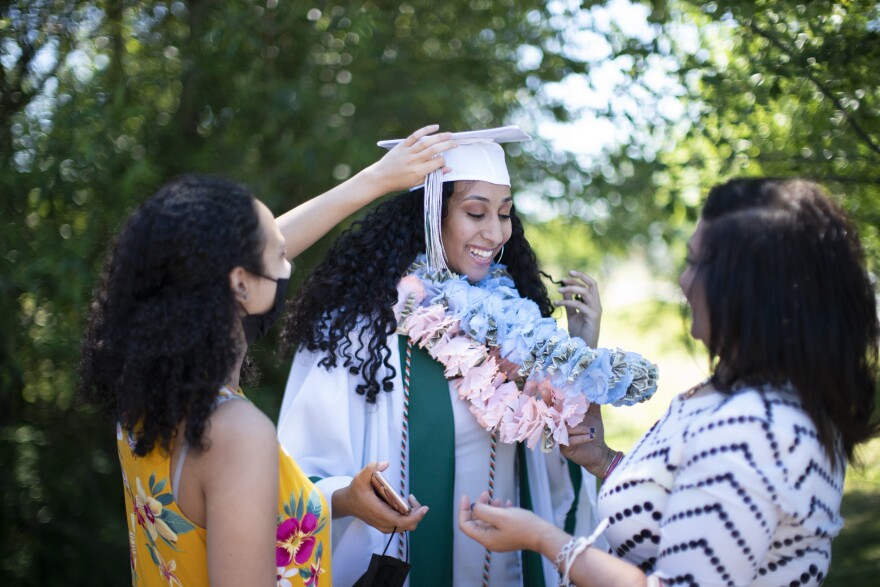YouScience, a college and career readiness company based in American Fork, released a report Monday that found 75% of U.S. high school graduates don’t feel prepared when it comes to college and career decisions after graduation.
Edson Barton, founder and CEO of YouScience, said these results are not surprising, but they are concerning. There is an unprecedented shortage of workforce in the U.S., and the jobs that need to be filled are becoming more complicated.
Barton said the future is automated, displacing blue-collar employment and benefitting higher-skilled employees. He said higher education is no longer a benefit, but a necessity, and the education system is not preparing students for this shift.
“If students are leaving high school not understanding where they're going, and then they're not going on to post-secondary education to get these higher level skills, then our workforce will be thoroughly unprepared for what's coming in the economy,” Barton said.
Barton believes the problem is the separation between education and practical application in the workforce. Students are learning beneficial skills but there is a lack of application of these skills, leaving them doubting their abilities.
“The best way to help an individual develop self-worth and to find hope in the future is actually to have them doing things actively as they're growing,” Barton said.
Barton said career exploration in high school is crucial to helping graduates feel more prepared for the future. The first step is figuring out strengths and natural abilities through aptitude tests, and then linking these skills to application through career oriented classes.
“What we can do is we can help that individual apply those natural abilities to the career path that is best suited for them,” Barton said. “And when you do that, you actually start to flourish as an individual.”
The confidence students gain in high school will translate into college and well into the workforce, a positive chain of events for something Barton said can be implemented quickly.
“The results have been proven,” Barton said. “And the results are tremendous.”



